Punta Novillo, Honduras
![]()
![]()
![]()
![]()
![]()
![]()
![]()
![]() Click on Programs to learn more about their work in this community
Click on Programs to learn more about their work in this community
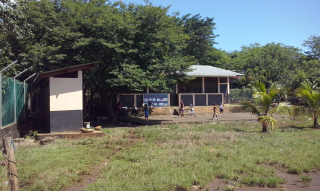
General Information
| Population* | 800 |
| Number of homes | 110 |
| Avg # of people per home | 7.2 |
| Number and % of children | 180, 22.5% |
| Principal sources of income |
Fishing |
| Water system |
Yes |
| Rural bank |
Yes |
| Number and % of house with latrines |
50% |
| Electricity | Yes |
| Nearest Health Center and distance walking | CESAMO - Puerto Grande, 1 hour walking |
| Most common illnesses | Intestinal Parasites |
| School Access and Distance |
kinder - 6th grade, in the community |
| Municipality | Amapala |
| Department | Valle |
| Distance from compounds | 1 hour |
* Population does not reflect how many patients will be seen on medical
brigades as many people from surrounding communities come seeking
Medical Brigades medical attention.
Top Three Needs Expressed
The top three needs expressed by community members are latrines, improvements for the water system, and a health center.
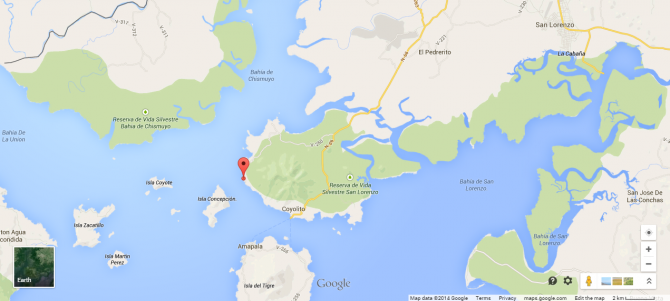
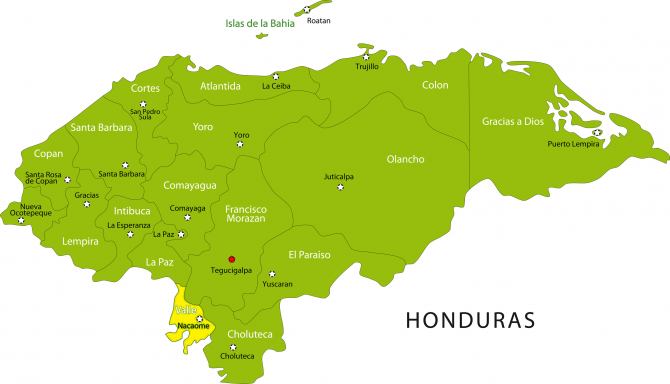
Punta Novillo is located on the coast of the Pacific Ocean in the south of Honduras. It is a relatively hot and dry area of the country.
Punta Novillo has one school where students can receive education from kindergarten through 6th grade. A total of 122 students attend the school. The school has 3 rooms and 2 teachers. Each teacher has to teach 3 grades simultaneously. There is also a volunteer community member that teaches the kindergarten. To go to school beyond 6th grade, the students must walk over an hour to reach the nearest middle school.
This community has an electric pump water system that was built by the government in 1994. Since the system was built a while ago, 20% of the houses in the community are not connected to the water system. Community members complain that the source does not provide enough water and would like an improved water system. The water comes already treated and purified to each home that is connected to it.
This community does not have a health center. The closest health center is in a community called Puerto Grande, an hour away on foot. This health center is a CESAMO, or the larger of the two different types of health centers that the Honduran government provides. At the CESAMO, community members can seek consultations from both nurses and doctors, and ocassionally even dentists. The biggest health problems in this community are intestinal parasites, skin infections, respiratory infections, and the flu.
The majority fo community members earn a living through small fishing businesses. They fish both for their own consumption and for commercial sale. Some community members also grow corn and other grains for their own consumption. Community members have access to credit through a community bank created by the community members themselves.
There are no other organizations that work in this community.
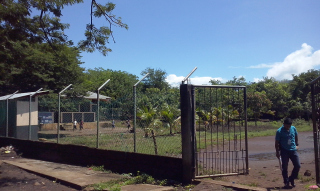 |
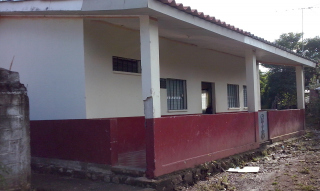 |